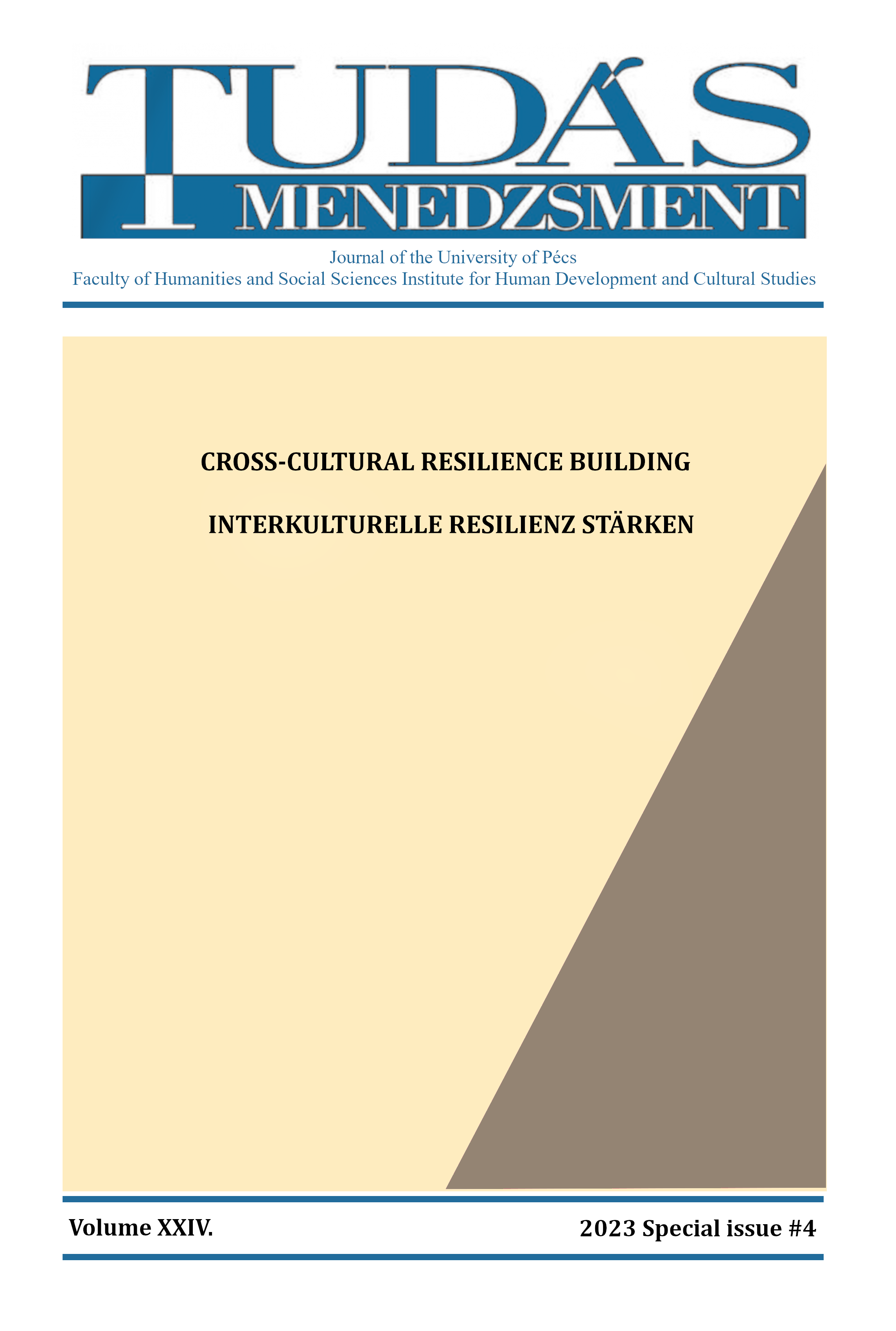Individual vs community resilience: Case of Georgia
DOI:
https://doi.org/10.15170/TM.2023.24.K4.5Keywords:
Individual Resilience, Community Resilience, GeorgiaAbstract
Present Paper examines the concepts of individual and community resilience in Georgia. The goal of the present paper is to investigate the interplay between individual and community resilience in the context of donor-funded initiatives at the local rural level through the creation and strengthening of Community-Based Organizations (CBO).
Present findings are based on ample fieldwork conducted in Georgia in 2022 among the active rural CBOs, using a mixed-method approach: 1) a quantitative phone survey of CBOs; 2) Focus group discussions with beneficiaries of the CBOs’ activities (both online and face-to-face); 3) in-depth interviews with the leaders of the CBOs; 4) in-depth interviews with the representatives of the local self-government, and 5) expert interviews with representatives of donor organizations working to increase the resilience of local communities.
Based on the data analysis and triangulation, the paper argues that resilience building in Georgian communities is mainly undertaken by the development partners using the top-down approach, and while on an individual level, these interventions do increase resilience, on a community level the impact is much less evident, and in some cases, non-existent. The theoretical and practical implications of our findings are extremely relevant since this is the first attempt to analyze the concept of resilience in the Georgian context and the findings contribute to further future analysis in this regard. On a practical level, our findings could be instrumental for the developmental partners, working in this area in Georgia, to adjust their programming to achieve more sustainable results not only on the individual but community levels.


